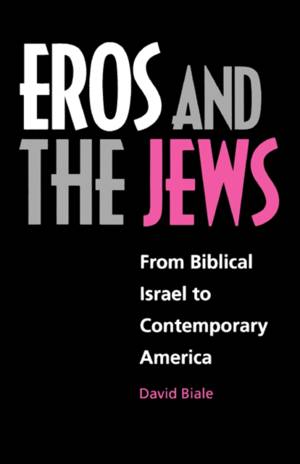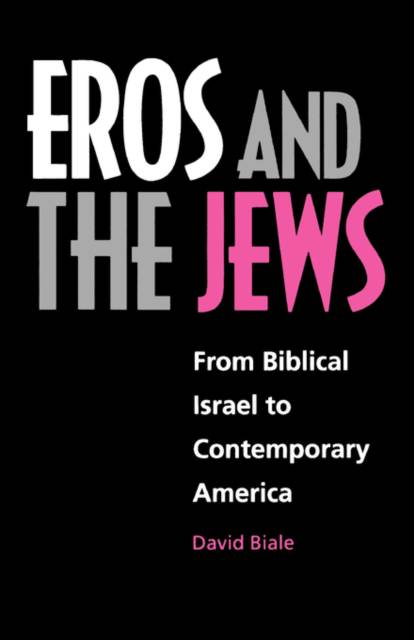
- Afhalen na 1 uur in een winkel met voorraad
- Gratis thuislevering in België vanaf € 30
- Ruim aanbod met 7 miljoen producten
- Afhalen na 1 uur in een winkel met voorraad
- Gratis thuislevering in België vanaf € 30
- Ruim aanbod met 7 miljoen producten
Zoeken
€ 50,95
+ 101 punten
Omschrijving
Contradictory stereotypes about Jewish sexuality pervade modern culture, from Lenny Bruce's hip eroticism to Woody Allen's little man with the big libido (and even bigger sexual neurosis). Does Judaism in fact liberate or repress sexual desire? David Biale does much more than answer that question as he traces Judaism's evolving position on sexuality, from the Bible and Talmud to Zionism up through American attitudes today. What he finds is a persistent conflict between asceticism and gratification, between procreation and pleasure.
From the period of the Talmud onward, Biale says, Jewish culture continually struggled with sexual abstinence, attempting to incorporate the virtues of celibacy, as it absorbed them from Greco-Roman and Christian cultures, within a theology of procreation. He explores both the canonical writings of male authorities and the alternative voices of women, drawing from a fascinating range of sources that includes the Book of Ruth, Yiddish literature, the memoirs of the founders of Zionism, and the films of Woody Allen.
Biale's historical reconstruction of Jewish sexuality sees the present through the past and the past through the present. He discovers an erotic tradition that is not dogmatic, but a record of real people struggling with questions that have challenged every human culture, and that have relevance for the dilemmas of both Jews and non-Jews today.
From the period of the Talmud onward, Biale says, Jewish culture continually struggled with sexual abstinence, attempting to incorporate the virtues of celibacy, as it absorbed them from Greco-Roman and Christian cultures, within a theology of procreation. He explores both the canonical writings of male authorities and the alternative voices of women, drawing from a fascinating range of sources that includes the Book of Ruth, Yiddish literature, the memoirs of the founders of Zionism, and the films of Woody Allen.
Biale's historical reconstruction of Jewish sexuality sees the present through the past and the past through the present. He discovers an erotic tradition that is not dogmatic, but a record of real people struggling with questions that have challenged every human culture, and that have relevance for the dilemmas of both Jews and non-Jews today.
Specificaties
Betrokkenen
- Auteur(s):
- Uitgeverij:
Inhoud
- Aantal bladzijden:
- 334
- Taal:
- Engels
Eigenschappen
- Productcode (EAN):
- 9780520211346
- Verschijningsdatum:
- 3/10/1997
- Uitvoering:
- Paperback
- Formaat:
- Trade paperback (VS)
- Afmetingen:
- 135 mm x 203 mm
- Gewicht:
- 344 g

Alleen bij Standaard Boekhandel
+ 101 punten op je klantenkaart van Standaard Boekhandel
Beoordelingen
We publiceren alleen reviews die voldoen aan de voorwaarden voor reviews. Bekijk onze voorwaarden voor reviews.











